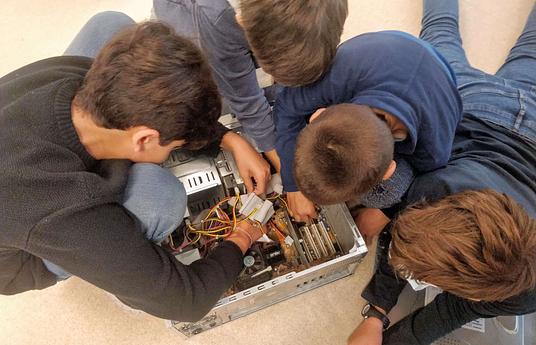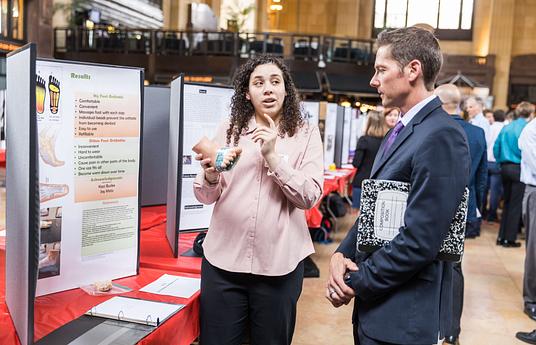The RealLives ChangeMaker Index was created to revolutionize assessment of social change potential. Unlike traditional self-reporting, it analyzes actual decision patterns in simulations, measuring 18 core competencies across five domains. This innovation provides authentic insights into how people respond to global challenges, helping educators identify and develop effective changemakers.
In practice, RCMI transforms education by analyzing students' decision patterns in the RealLives simulation to measure 18 changemaker competencies. Elementary schools use guided mini-sessions with visual tracking, while middle schools implement thematic units with structured reflection. High schools add research components and real-world projects. Higher education integrates RCMI across disciplines, from business to education programs, with implementation models ranging from first-year experiences to capstone projects. The assessment generates visual competency profiles that educators use for personalized development planning, differentiated instruction, and program improvement. Students engage in targeted activities to strengthen specific competencies, connecting simulation insights to academic learning and career pathways. This data-driven approach develops future changemakers who combine empathy, critical thinking, and ethical responsibility.
RCMI is gaining international momentum through strategic implementation channels. A pilot program is currently underway at a U.S. university, demonstrating its effectiveness in higher education settings. In South Korea, multiple schools have embraced RCMI as a natural extension of their existing RealLives simulation programs. This adoption pathway is particularly efficient - schools and universities already using RealLives can implement RCMI with minimal additional infrastructure, leveraging their established simulation environments to immediately begin assessing changemaker competencies. This integration model allows for rapid scaling across the existing RealLives user base, creating a foundation for wider adoption as successful case studies emerge from these early implementations.
To try RCMI, access through:
Mobile: Download RealLives app from PlayStore (https://play.google.com/store/apps/details?id=com.reallivesworld.app) or AppStore (https://apps.apple.com/us/app/reallives-sim/id6475185270) . Register in-app to access RCMI features while playing.
Web: Visit www.reallivesworld.com, register, and access via laptop/tablet browser. Use same credentials for mobile if desired



